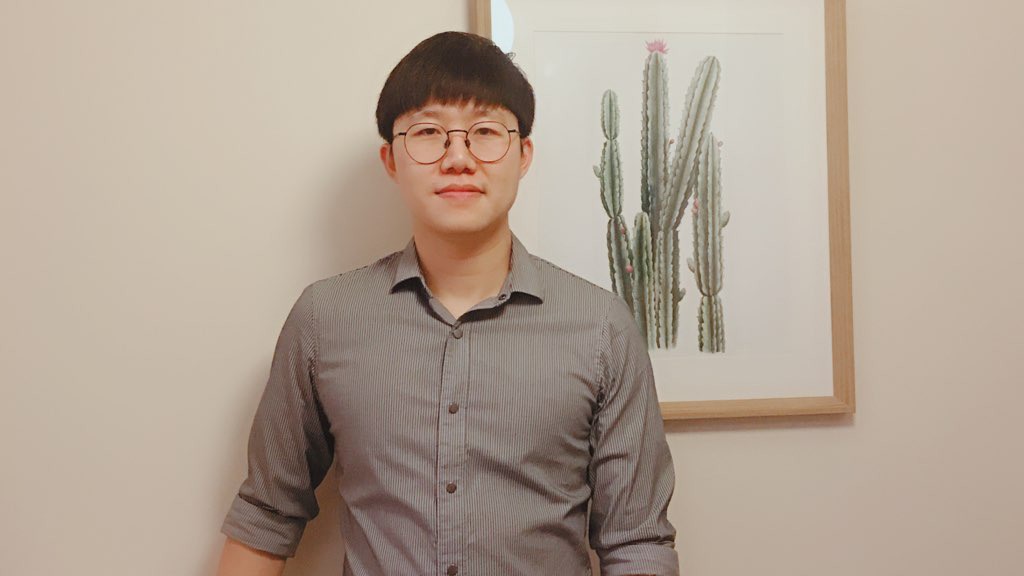Shijun Deng, '20 PhD

Student: Shijun Deng
Program: PhD, MatCH Scholarship Program
Convocation Date: June 12, 2020
Supervisor: Dawei Zhang
What is your background before coming to this program?
I grew up in Guangdong, a province in southern China. After receiving a masters degree from the Queen's University Belfast in UK, I came here to study for my PhD.
What led you to decide to take graduate studies in the Department of Pediatrics at the U of A?
There are nice people and financial support.
What is your thesis title and summary of your research?
Investigating the Role of PCSK9 C-terminal Domain in the Regulation of Low-Density Lipoprotein Receptor and Cholesterol Metabolism: PCSK9 inhibitor is one of the most successful cholesterol lowering drug approved for the treatment of cardiovascular disease. My research has elucidated the underlying molecular mechanism for PCSK9-mediated LDLR degradation, which provides novel insights for PCSK9 drug development.
What were some of the highlights of your experience here in the Department of Pediatrics at the U of A?
I am very grateful for the support from the Zhang Lab, the Molecular and Cell Biology of Lipids MCBL group and the MatCH program. I always consider myself enormously fortunate to have the opportunity to work with such a knowledgeable and friendly team.
What were some of the challenges or things that were harder than you anticipated?
When I am looking backward now, everything seems not that difficult.
Has your journey’s “destination” changed or morphed from what you thought it would be at the beginning?
Yes, my journey at the U of A changed my career path. Six years ago, I had limited knowledge and experiences on lipid research and many of the experiments were new to me. Honestly, at that time I did not know what I could achieve and never thought I would become a research fellow at Harvard. Month after month, and year after year, of practice, research and discussions gave me confidence and passion for my projects. After publishing several papers, I realized metabolic disease-related research is what I really want to pursue in my future career. Therefore, I decided to apply to be a postdoctoral fellow after my PhD.
Do you have any tips or advice for people considering applying to the department graduate program and/or new graduate students entering the program?
It is a good idea to have three months of rotation at the beginning of our graduate study in the MatCH program. It is critical to choose the right lab that not only you are interested in their research, but also get along well with lab members. For myself, the friendly lab members are crucial.
How has the department prepared you for the next step in your career?
I learned a broad range of lab techniques during my study. One thing I really appreciated is that the department, the group on Molecular and Cell Biology of Lipids and my supervisor Dawei Zhang always encouraged and financially supported me to present my research at different conferences and meetings like the Canadian Lipoprotein Conference and Pediatrics Research Day. These useful experiences prepared me well for my work at Harvard, especially presentation and scientific communication, which are the most important parts of my daily life now. Overall, thanks to their kind advice and encouragement, I am more ready than ever to dedicate myself to investigate novel and effective therapeutic solutions to serve public health needs.
How has the department prepared you for the next step in your career?
Members in the Department of Pediatrics are always helpful and supportive.
What will you miss about the Department of Pediatrics and your time here?
So many things, such as the friendly environment and nice people in Edmonton, close friends in the Zhang Lab, constructive discussion of MCBL etc.
Where are you headed in your education/career now?
I am working as a postdoctoral fellow at Harvard University.